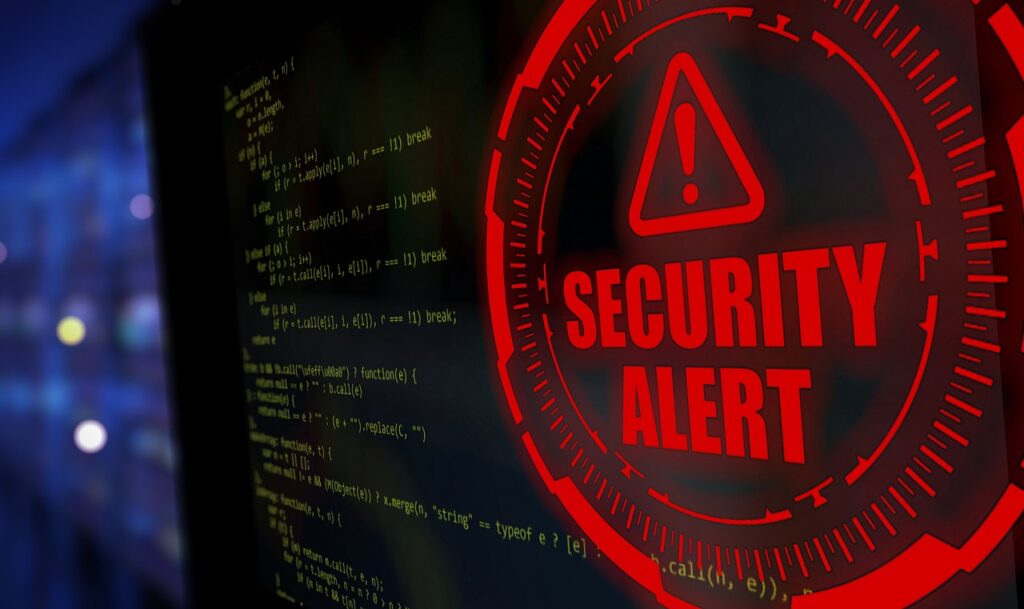In today’s digital age, cybercriminals are capable of executing highly sophisticated attacks. However, it’s often the lack of proper cybersecurity practices that opens the door to most data breaches. This holds particularly true for small and mid-sized businesses (SMBs).
Small business owners frequently overlook the importance of cybersecurity measures. Their focus is primarily on the growth of their company, leading them to underestimate the risk of a data breach or consider cybersecurity an unaffordable expense.
Yet, cybersecurity is not solely a concern for large corporations; it’s equally critical for small businesses. In fact, small businesses are often viewed as attractive targets by cybercriminals due to various perceived vulnerabilities.
Shocking statistics reveal that half of all SMBs have fallen victim to cyberattacks, and a staggering 60% of them struggle to stay afloat afterward. However, the good news is that cybersecurity need not be prohibitively expensive. Many data breaches result from human errors, which means that by improving cyber hygiene, the risk of succumbing to an attack can be significantly reduced.
Common Mistakes Leading to Cyber Threats in Small Businesses
To address this issue, identifying the problem is the first step. Often, SMB teams unwittingly make mistakes that can lead to cyberattacks. Here are some of the most common reasons small businesses fall prey to cyber threats:
1. Underestimating the Cybersecurity Threat Landscape
One of the gravest cybersecurity mistakes made by SMBs is underestimating the threat landscape. Many business owners assume that their company is too insignificant to attract cybercriminals. This is a dangerous misconception. Cybercriminals often see small businesses as easy targets, believing they lack the resources or expertise to defend against attacks. It’s crucial to understand that no business is too small to be targeted, emphasizing the need for proactive cybersecurity measures.
2. The Vital but Neglected Component
When was the last time your employees received cybersecurity training? Small businesses often neglect this aspect, assuming that employees will naturally exercise caution online. However, the human factor is a significant source of security vulnerabilities. Staff cybersecurity training can help employees recognize phishing attempts, understand the importance of strong passwords, and be aware of social engineering tactics employed by cybercriminals.
3. Strengthening the Weakest Link
Weak passwords pose a common security vulnerability in small companies. Many employees use easily guessable passwords and reuse them for multiple accounts, leaving sensitive information exposed to hackers. Encourage the use of strong, unique passwords and consider implementing multi-factor authentication (MFA) for added security.
4. Keeping Software Up-to-Date
Failing to keep software and operating systems up to date is another common mistake. Cybercriminals often exploit known vulnerabilities in outdated software. Small businesses should regularly update their software, including operating systems, web browsers, and antivirus programs, to patch known security flaws.
5. Lack Of Data Backup Planning
Small companies may not have formal data backup and recovery plans, erroneously assuming that data loss won’t happen to them. However, data loss can occur due to various reasons, including cyberattacks, hardware failures, or human errors. Regularly back up critical data and test the backups to ensure successful restoration in case of data loss.
6. Unclear Security Policies
Many small businesses operate without clear security policies and procedures, leaving employees uncertain about handling sensitive data, secure device usage, or responding to security incidents. Establish formal security policies and communicate them to all employees, covering topics such as password management, data handling, incident reporting, remote work security, and more.
7. Overlooking the Importance of Mobile Security
As more employees use mobile devices for work, mobile security becomes increasingly vital. Small companies often overlook this aspect of cybersecurity. Implement mobile device management (MDM) solutions to enforce security policies on company and employee-owned devices used for work-related activities.
8. Neglecting Regular Network Monitoring
SMBs may lack dedicated IT staff to monitor their networks for suspicious activities, leading to delayed detection of security breaches. Consider installing network monitoring tools or outsourcing network monitoring services to promptly identify and respond to potential threats.
9. Lack of a Comprehensive Incident Response Plan
In the event of a cybersecurity incident, SMBs without an incident response plan may panic and respond ineffectively. Develop a comprehensive incident response plan outlining steps to take when a security incident occurs, including communication plans, isolation procedures, and a clear chain of command.
10. Underestimating the Value of Managed IT Services
Cyber threats continually evolve, and new attack techniques emerge regularly. Small businesses may struggle to keep up and erroneously believe they are too small to invest in managed IT services. Managed services are available in various package sizes, including those designed for SMB budgets. A managed service provider (MSP) can enhance cybersecurity and optimize IT, potentially saving costs in the long run.
Explore the Benefits of Managed IT Services
Don’t jeopardize your business due to a cyberattack. Managed IT services can be more affordable for your small business than you think. Contact us today to schedule a discussion and explore how managed services can safeguard your business.



